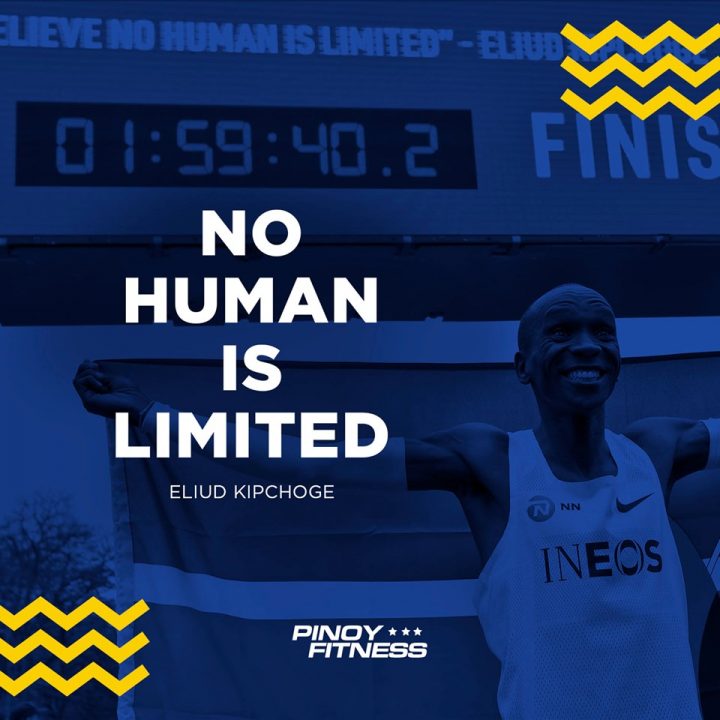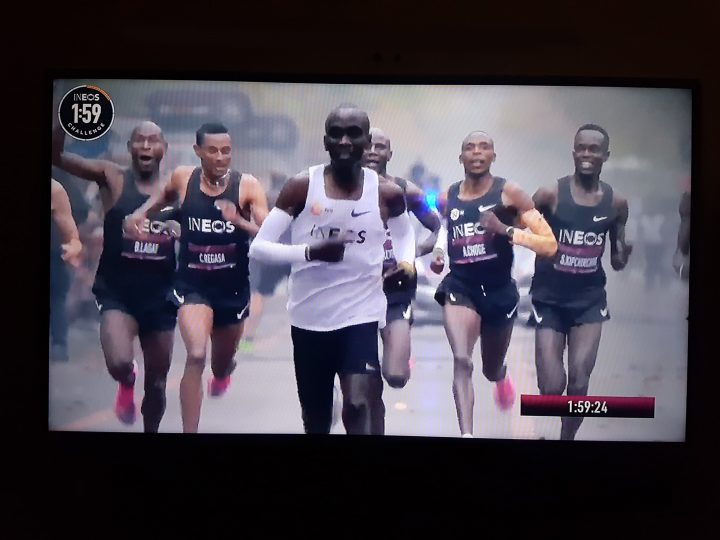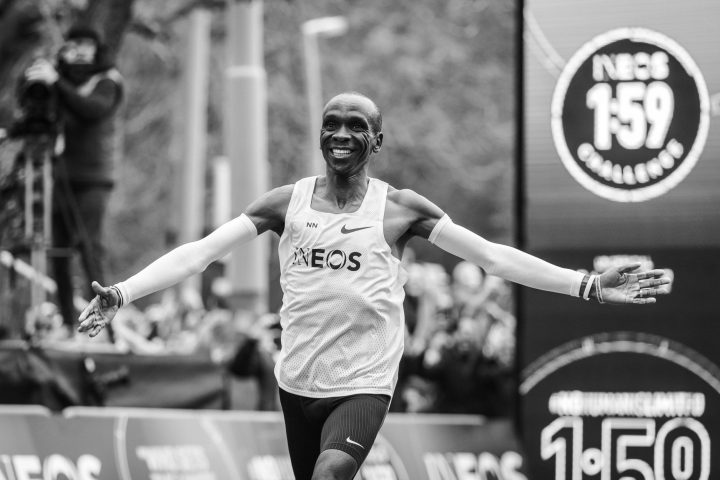
It all starts with the same tune: you start running for reasons – to lose weight, maintain your health, or for cross-training – that are just enough to make you take that first step, and stick to the pace.
You start as a newbie, barely able to finish 3 kilometers without feeling like your heart would give out. But you stick to it because your reasons were mightier than your excuses. So, you keep running. And before you know it, you’re breezing through 10Ks on a daily basis.
You’ll start signing up for races and raking up the finisher’s medals. But if that isn’t your thing, you’ll probably find yourself – almost instinctively – waking up during the wee hours of the morning every day, or making sure you have an extra hour or two in the evening just so you could squeeze in the run.
You become faster, and stronger with each footfall on the pavement or treadmill rubber, and you attain the goals that you started running with. After that, the rest blurs, and suddenly, you start setting the bigger aspirations, like finishing your first ‘Mary’, or marathon. Your first 42.195K.
It’s what any athlete – runner, or not – would want for themselves. Just higher goals, and breaking personal boundaries. And I guess it’s safe to say that, as an athlete, that’s what Eliud Kipchoge wanted, and just today, achieved for himself.

Limitless like Eliud Kipchoge
Today, as I was sitting on the couch at my regular indoor cycling studio waiting for my spinning class to begin, bass booming from the bike room, mindlessly scrolling through my phone, Eliud Kipchoge broke the two-hour barrier for a marathon — and coincidentally, the limits of human potential — at the INEOS 1:59:00 challenge.
2:01:39 was the 2018 record in the Berlin Marathon. This year, on October 12, on an autumn Saturday in Vienna, he clocks in at the finish line of the INEOS 1:59 challenge at 1:59:40.
A second of mind-blown confusion and disbelief, then celebration – for Eliud, and surely, with the whole running community – as if the victory were my own. As if the victory was the victory of all runners.
Our celebration of his win is not to say that we know exactly what it feels like to cross a finish line and find ourselves the greatest marathoner in the world. And it’s also not so much a celebration of how fast he is, but more of a celebration of what every marathoner or distance runner knows: that limits aren’t there to hinder us. Limits are there to be broken.
Although our hopes are not so high as to assume that we might be able to overthrow him as the world’s fastest marathoner (or maybe we might), I believe I can speak for the running community when I say that we do think that we can be limitless like Eliud in our own ways.
If each long-distance runner didn’t secretly believe that, then I’d imagine it would be hard for them to push themselves to train to hit sub 1:00:00 at a 10K or to run an ultra marathon.
It’s just not a formula that works. If you want to break your limits, you’ve just got to believe that you can. Or else, fall short at achieving your goals.
Posted by INEOS 1:59 Challenge on Saturday, October 12, 2019
The Winning Formula
When Eliud accepted the INEOS 1:59:00 challenge, he said he wanted ‘to show the world that when you focus on your goal, when you work hard, and when you believe in yourself, anything is possible.’
The phrase falls on your ears as a cliche would – over-said, and well-exhausted. But all clichés are essentially universal truths.
And in the world of long-distance running, that trifecta of focusing on your goal, working hard, and believing in yourself is what will get you running to hit that 42.195-kilometer mark – and even beyond that.
Sure, Kipchoge has a world-class team of pacers, a renowned coach, and the backing of one of the world’s biggest sportswear brands, but those are only the metaphorical added sprinkles to the extraordinary athlete that is Eliud Kipchoge.
But take it all away, and all an athlete really has to push through is their drive, discipline, and doubtless self-belief. Especially when your only opponent is yourself.
“The most powerful thing that affects the human psyche is the way we talk about ourselves to ourselves”
Eliud’s Unbreakable Mental Resolve
“The most powerful thing that affects the human psyche is the way we talk about ourselves to ourselves,” a random TED Talk speaker tells me one sleepless night.
At the time I heard it, the phrase simply made for good food for thought.
But at the 36th kilometer of my very first marathon, the TED Talk speaker was in my head again, but this time around, he was like a coach barking the words at me, as I powered through a bad cramp to make it to the finish line.
Because when you’re trying to cross a seemingly impossible distance, your worst enemy isn’t the runner behind or in front of you. It’s yourself.
At the INEOS 1:59 challenge, it was Eliud versus himself. And if you read his last diary entry before his race, in a loving reference wrote out to his wife and children, you’ll observe that Eliud also knew of that philosophy the TED Talk speaker was talking about.
His exact words were, “it will be the first time they’ve ever watched me race, but I desperately want them to be in Vienna to see history being made.”

‘To see history being made.’ Eliud wrote that as a declaration. Not an interrogative, or a theory, but a declaration – to himself, his family, and to his team. Like he knew he was going to break the record.
Apart from the record that was broken, and his graceful sprint during the last minute of his run, Eliud Kipchoge’s unbreakable mental resolve is what I believe will inspire today’s and tomorrow’s runners to keep overcoming themselves – to always believe that there are #NoHumanLimits.






